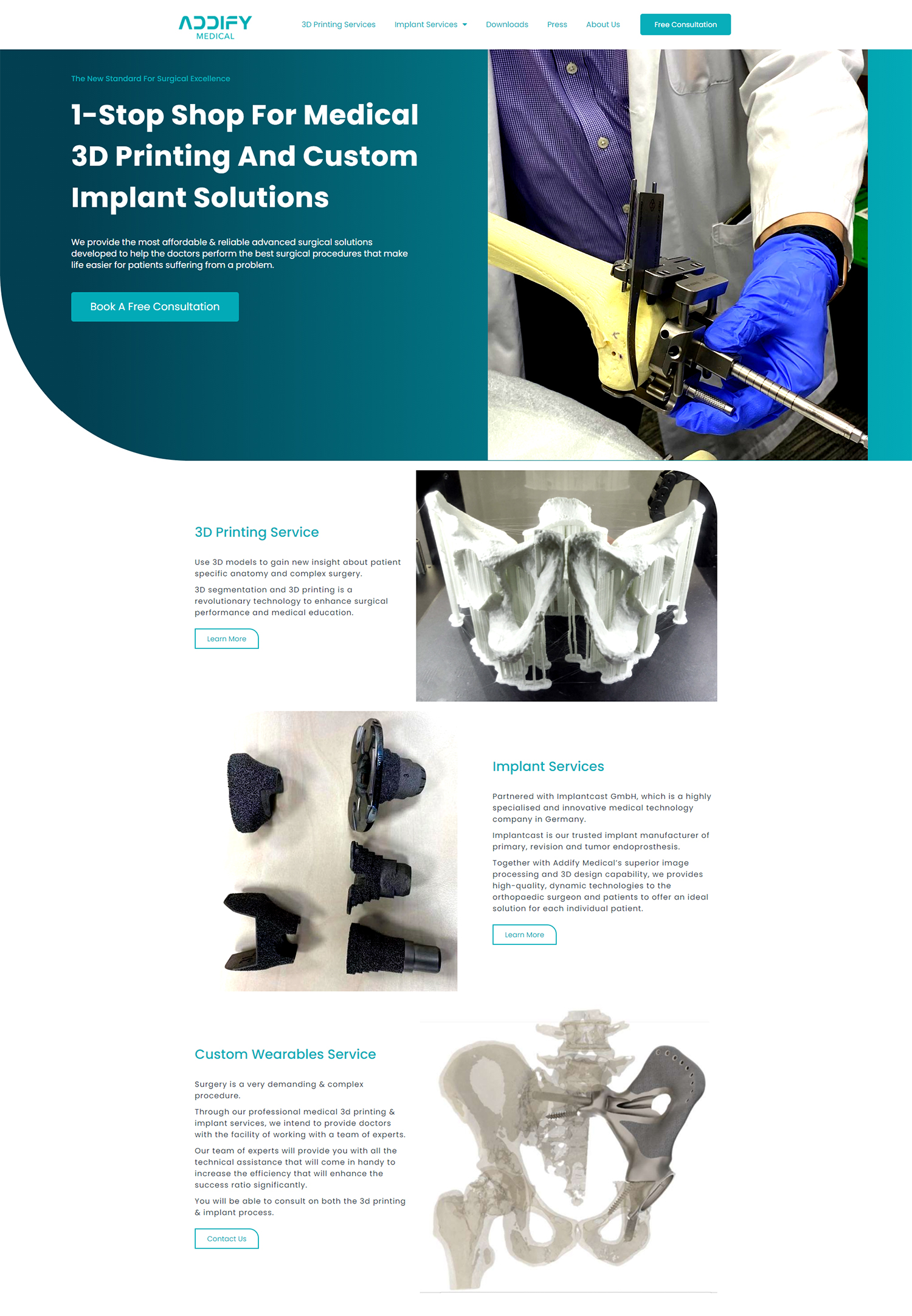Digital marketing services encompass a wide array of strategies and tools designed to promote products or services through digital channels. These services include search engine optimization (SEO), pay-per-click advertising (PPC), social media marketing, content marketing, email marketing, and more. Each of these components plays a crucial role in establishing an online presence, engaging with customers, and driving conversions.
The digital landscape is constantly evolving, making it essential for businesses to stay informed about the latest trends and technologies that can enhance their marketing efforts. At its core, digital marketing is about connecting with potential customers where they spend a significant amount of their time: online. This connection can be achieved through various platforms, including social media networks, search engines, websites, and email.
Understanding the nuances of each channel is vital for businesses looking to leverage digital marketing effectively. For instance, SEO focuses on optimizing website content to rank higher in search engine results, while social media marketing emphasizes building relationships and engaging with audiences on platforms like Facebook, Instagram, and Twitter. By comprehensively understanding these services, businesses can tailor their marketing strategies to meet their specific goals and objectives.
Key Takeaways
- Digital marketing services encompass a wide range of online marketing activities such as SEO, social media marketing, email marketing, and content marketing.
- The benefits of digital marketing for your business include increased brand visibility, targeted audience reach, cost-effectiveness, and measurable results.
- When choosing the right digital marketing services for your business, consider your goals, target audience, budget, and the expertise of the service provider.
- Creating a digital marketing strategy involves setting clear objectives, identifying your target audience, choosing the right digital channels, and creating engaging content.
- Implementing digital marketing services requires consistent execution, monitoring of results, and making necessary adjustments to optimize performance.
- Measuring the success of your digital marketing campaign involves tracking key performance indicators (KPIs) such as website traffic, conversion rates, and return on investment (ROI).
- Adapting and evolving your digital marketing strategy is essential to stay ahead of the competition and meet the changing needs of your target audience.
- Maximizing your business growth with digital marketing services involves leveraging data analytics, staying updated with industry trends, and continuously refining your digital marketing efforts.
The Benefits of Digital Marketing for Your Business
Global Reach and Unlimited Possibilities
One of the most significant benefits of digital marketing is the ability to reach a global audience. Unlike traditional marketing methods that may be limited by geographical boundaries, digital marketing allows businesses to connect with potential customers across the globe.
Targeted Marketing for Maximum Efficiency
Digital marketing offers unparalleled targeting capabilities. Businesses can segment their audience based on various criteria such as demographics, interests, and online behavior. This level of precision enables companies to deliver personalized messages that resonate with specific groups, enhancing the likelihood of conversion.
Maximizing Return on Investment
For example, a clothing retailer can target ads to individuals who have previously shown interest in fashion-related content or have visited their website. This targeted approach not only improves the efficiency of marketing campaigns but also maximizes return on investment (ROI).
Choosing the Right Digital Marketing Services for Your Business
Selecting the appropriate digital marketing services is crucial for achieving desired outcomes. The first step in this process involves assessing your business goals and identifying which services align with those objectives. For instance, if your primary aim is to increase brand visibility, investing in SEO and content marketing may be beneficial.
Conversely, if immediate sales are a priority, PPC advertising could provide quicker results. Additionally, understanding your target audience is essential when choosing digital marketing services. Different demographics engage with various platforms in distinct ways.
For example, younger audiences may be more active on social media platforms like TikTok or Instagram, while older demographics might prefer email communication or Facebook. By analyzing your audience’s preferences and behaviors, you can select services that effectively reach and engage them. Furthermore, it’s important to consider your budget and resources when making these decisions.
Some services may require more investment than others, so aligning your choices with your financial capabilities is vital for sustainable growth.
Creating a Digital Marketing Strategy
| Metrics | Value |
|---|---|
| Website Traffic | 5000 visitors per month |
| Conversion Rate | 3% |
| Customer Acquisition Cost | 50 per customer |
| Return on Investment (ROI) | 150% |
A well-defined digital marketing strategy serves as a roadmap for achieving your business objectives. The first step in creating this strategy involves conducting a thorough analysis of your current market position and competitive landscape. This analysis should include an assessment of your strengths and weaknesses as well as opportunities and threats within the industry.
Tools such as SWOT analysis can be instrumental in identifying these factors. Once you have a clear understanding of your market position, you can set specific, measurable goals for your digital marketing efforts. These goals should be aligned with your overall business objectives and can range from increasing website traffic to boosting social media engagement or generating leads.
After establishing these goals, it’s essential to outline the tactics you will employ to achieve them. This may include selecting specific digital marketing services, determining content themes, and establishing timelines for implementation. A comprehensive strategy not only guides your efforts but also provides a framework for evaluating success.
Implementing Digital Marketing Services
The implementation phase of your digital marketing strategy is where planning meets action. This stage involves executing the tactics outlined in your strategy while ensuring that all team members are aligned and aware of their roles and responsibilities. Effective communication is key during this phase; regular check-ins and updates can help keep everyone on track and address any challenges that may arise.
When implementing digital marketing services, it’s crucial to maintain consistency across all channels. This includes ensuring that branding elements such as logos, color schemes, and messaging are uniform across your website, social media profiles, and advertising campaigns. Consistency not only reinforces brand identity but also builds trust with your audience.
Additionally, leveraging automation tools can streamline processes such as email marketing and social media posting, allowing for more efficient execution of your strategy.
Measuring the Success of Your Digital Marketing Campaign
To determine the effectiveness of your digital marketing efforts, it’s essential to establish key performance indicators (KPIs) that align with your goals. These metrics can vary depending on the specific objectives of your campaign but may include website traffic, conversion rates, click-through rates (CTR), and engagement levels on social media platforms. By regularly monitoring these KPIs, you can gain valuable insights into what is working well and what may need adjustment.
Utilizing analytics tools such as Google Analytics or social media insights can provide a wealth of data regarding user behavior and campaign performance. For instance, if you notice a high bounce rate on your website, it may indicate that visitors are not finding the content relevant or engaging enough. In such cases, you may need to revisit your content strategy or improve user experience on your site.
Continuous measurement allows businesses to make data-driven decisions that enhance overall campaign effectiveness.
Adapting and Evolving Your Digital Marketing Strategy
The digital landscape is dynamic; therefore, adaptability is crucial for sustained success in digital marketing. As consumer preferences shift and new technologies emerge, businesses must be willing to evolve their strategies accordingly. Regularly reviewing performance data can help identify trends and areas for improvement, enabling you to pivot when necessary.
For example, if a particular social media platform begins to lose popularity among your target audience, it may be time to explore emerging platforms or alternative channels for engagement. Additionally, staying informed about industry trends—such as changes in search engine algorithms or shifts in consumer behavior—can provide valuable insights that inform strategic adjustments. Embracing a culture of experimentation can also foster innovation within your marketing efforts; testing new approaches allows you to discover what resonates best with your audience.
Maximizing Your Business Growth with Digital Marketing Services
To fully leverage the potential of digital marketing services for business growth, it’s essential to adopt a holistic approach that integrates various strategies and channels. This means not only focusing on individual tactics but also ensuring they work synergistically to amplify results. For instance, combining SEO efforts with content marketing can enhance organic visibility while providing valuable information to potential customers.
Furthermore, nurturing customer relationships through personalized communication can lead to increased loyalty and repeat business. Email marketing campaigns that offer tailored content based on user behavior or preferences can significantly enhance engagement levels. Additionally, utilizing retargeting strategies can help re-engage users who have previously interacted with your brand but did not convert initially.
In conclusion, maximizing business growth through digital marketing services requires a comprehensive understanding of the available tools and strategies while remaining adaptable to changes in the market landscape. By continuously measuring performance and refining approaches based on data-driven insights, businesses can create effective digital marketing campaigns that drive sustainable growth over time.






























